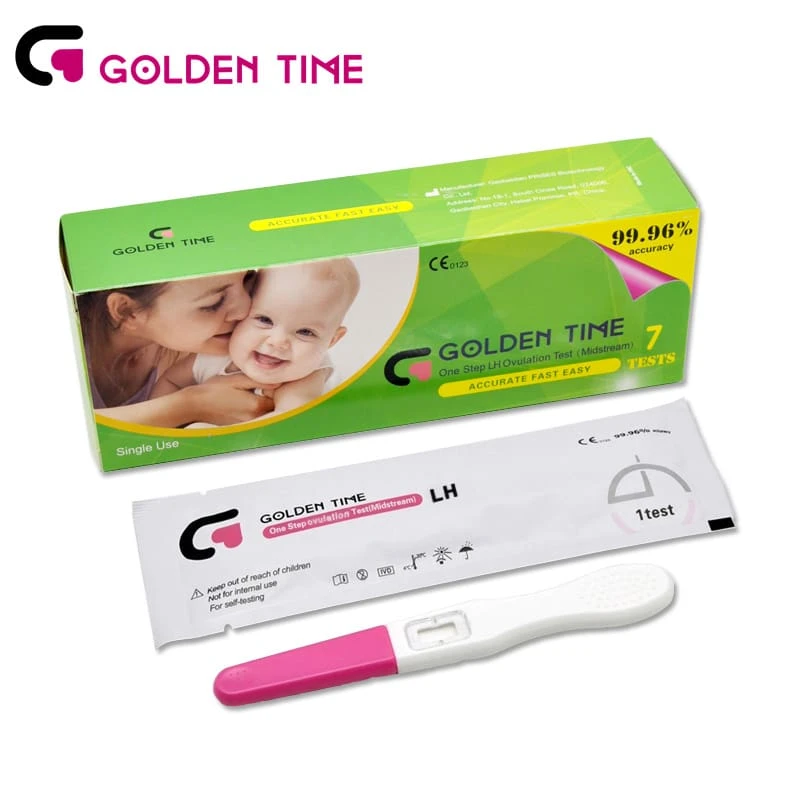Nov . 27, 2024 22:47 Back to list
Top Suppliers for Home HCG Test Kits and Accessories
The Rise of HCG Home Test Suppliers A Comprehensive Guide
In recent years, home testing has gained substantial traction in the health and wellness industry. One of the standout products in this category is the Human Chorionic Gonadotropin (HCG) home test. Initially popularized for detecting pregnancy, HCG tests have found a diverse application range, including weight loss, fertility monitoring, and hormonal health assessments. As the demand for at-home medical testing continues to soar, the market for HCG home test suppliers has similarly expanded. This article explores the significance of these tests, the rise of suppliers, and what consumers should look for when selecting a product.
What is HCG?
Human Chorionic Gonadotropin is a hormone produced during pregnancy. Its presence in a woman's urine or blood is a reliable indicator of pregnancy. However, the versatility of HCG doesn’t end there. Healthcare professionals also use it for weight loss programs, as it has been marketed as a tool that aids in fat burning when combined with a low-calorie diet. Additionally, HCG is utilized in fertility treatments to stimulate ovulation. However, consumers need to approach these uses cautiously and consider consulting with healthcare providers before undertaking any HCG-related programs.
The Market for HCG Home Tests
The HCG home test market has seen significant growth, mainly due to increasing consumer awareness regarding health and the convenience that home testing offers. The COVID-19 pandemic has accelerated this trend, as more people prefer to monitor their health from the safety and comfort of their homes. Consequently, numerous companies have emerged as HCG home test suppliers, providing a wide range of products that cater to different needs.
What to Look for in HCG Home Test Suppliers
When choosing an HCG home test, consumers ought to consider several factors
hcg home test suppliers

1. Accuracy and Reliability The most crucial aspect of any medical test is its accuracy. Reputable suppliers will provide information on the sensitivity and specificity of their tests. Look for tests that have been clinically validated and are backed by scientific studies.
2. Regulatory Approval Ensure that the HCG test you choose has been approved by regulatory bodies such as the FDA. FDA approval signifies that the product has undergone rigorous testing and meets safety and efficacy standards.
3. User Instructions A good HCG home test supplier will provide clear, easy-to-follow instructions. Users should be able to conduct the test confidently and understand the results without confusion.
4. Customer Support Consider suppliers that offer robust customer support, including access to healthcare professionals or support services for any questions or concerns about the testing process.
5. Reviews and Reputation Research the supplier’s reputation by reading customer reviews and testimonials. Look for experiences that highlight accuracy, ease of use, and customer service quality.
6. Return Policy A reliable supplier should offer a transparent return policy, allowing customers to return or exchange products if they are unsatisfied or if any issues arise.
Conclusion
The growing popularity of HCG home tests reflects a broader shift towards home healthcare and self-monitoring. This evolving landscape offers consumers greater control over their health, yet it also emphasizes the importance of choosing reputable suppliers. As with any health-related decision, it’s vital to remain informed and consult with healthcare professionals, especially when considering HCG for purposes beyond pregnancy testing. By being diligent in selecting trusted HCG home test suppliers, individuals can make empowered health decisions while enjoying the convenience of at-home testing.
-
Reliable Early Pregnancy Test Kit Supplier - Multi Plastic Cassette Options
NewsJul.30,2025
-
Transferrin Rapid Test Cassette – Reliable Tumor Marker Detection
NewsJul.29,2025
-
Accurate Follicle Stimulating Hormone Test Kit | Rapid Reliable Results
NewsJul.29,2025
-
High Accuracy LH Ovulation Test Kit - Digital Results & Wholesale Options
NewsJul.29,2025
-
HbsAg Blood Rapid Test Kit for Fast & Accurate Hepatitis B Detection
NewsJul.28,2025
-
Sterile Urine Cup for Safe & Easy Collection | High-Quality Specimen Cups
NewsJul.28,2025

